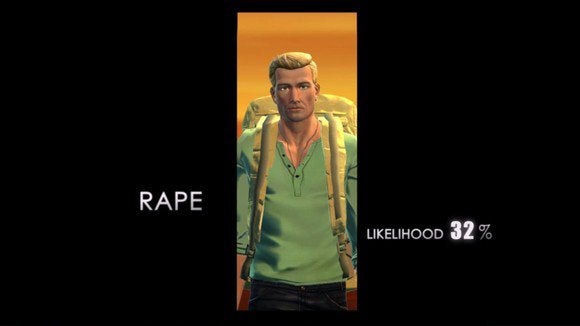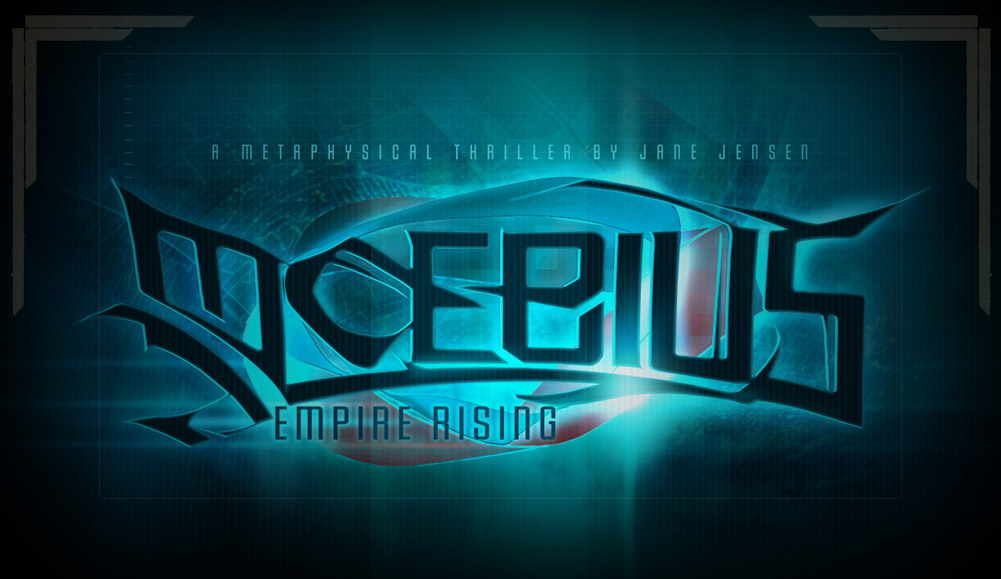
Truth doesn't need a long memory.Wig Shops near me in Albany, Georgia, US. We have people freaked out about fake news, who desperately want the stabilization of hierarchy.
MOEBIUS EMPIRE RISING SYSTEM REQUIREMENTS FREE
Today we have a people speaking of free speech extremists and free speech absolutists, like people who believe in the 1st Amendment are Jihadis of expression(!). The alternative is to curtail speech (nothing leads to tyranny more reliably than this, when truth cannot be spoken to power). The answer for us to culturally find equilibrium as we experience radical changes in information technology. The answer is not to live under the tyranny of a perfect hierarchy or the anarchy of bloggers. This is good (anyone can have their say). But the news has devolved into entertainment and we've gone from broadcast, to 24-hour cable news, to InfoWars and Natural News on the Wild Wild Web. When there were only three news sources and a manageable number of respected national/international papers, we had a similar hierarchy for news. Sometimes this slows things down, such as when a patent clerk has heretical ideas about "space-time." Overall, however, it weeds out the cranks. To make a splash in physics, you have to study physics, get certified with a degree in physics, do work in physics, and be recognized in your own community as an expert. We want (and should want) hierarchies to provide filters for information. We're overloaded with testimony, so we're desperately scrambling to "build a wall" of quick and dirty heuristics to sift through the B.S. The internet age has given everyone a soapbox in the virtual town square. What't different? It's not simply too much information. We just trust that other egghead mathematicians checked the math of Andrew Wiles. Frankly, most of us (myself included) don't have the talent to referee for ourselves whether the recent proof of Fermat's Last Theorem is good. Do various scientific theories hold up? I hope so, because I don't have the time or the money to conduct all the experiments needed to establish them. Everything I know about him is the say-so of people who assure me that he was. Was Jefferson President of the United States? I wasn't there. Two main reasons for this are (1) that we cannot observe all the contingent facts of history and (2) that we cannot perform all the experiments necessary to establish the regularities in nature that defy contingencies. There is no species of reasoning more common, more useful, and even necessary to human life, than that which is derived from the testimony of men, and the reports of eye-witnesses and spectators. Did your car mechanic recommend a part? Ditto. Did your doctor recommend a procedure? Testimony.

Did a community of experts say it? That's testimony. What the author neglects is that information has always been connected to reputation, because most of what we know comes from testimony.ĭid a scientist say it? That's testimony. And then the ancillary conversation on quality comes to represent the core of what's created during a period of time.

We have more data, we have concepts like ontology to help us organize and vet it, but we don't. But no one would be publishing or reading content like this, and letting the availability of information infer there's more misinformation (due to capability of scammers increasing) if we worked from a perspective of ontology more often.
MOEBIUS EMPIRE RISING SYSTEM REQUIREMENTS FULL
Problem is, what we really have are people still getting the full breadth of a topic wrong, publishing it, and having other people read it as paid content and thinking that's the state of quality in an "age of information" often enough that we end up calling it an age of misinformation. It's the age of "lacking ontology." People expect that in a world of interconnectedness (which is really the only meaning or context to the phrase "age of information" once we turn it into an expectation) everyone is working on pretty much every idea or angle we've come up with, barring cost and time.


 0 kommentar(er)
0 kommentar(er)
